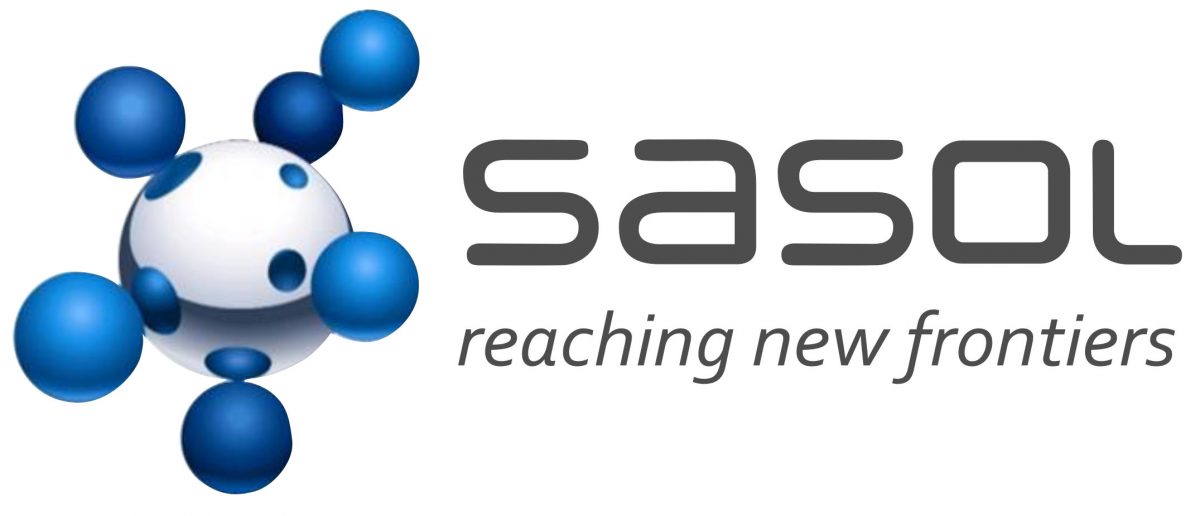
The cost of the Louisiana plant, which converts natural gas into plastics ingredient ethylene, is expected to reach as high as $12.9 billion – up from an originally envisioned $8.9 billion – hit by poor weather conditions, delays and oversights including duplicate credits and procurement back-charges.
Bongani Nqwababa and Stephen Cornell will step down at the end of this month to restore trust in Sasol, the company said on Monday, adding that the decision was made after talks with the two executives and that neither were found to have been guilty of misconduct or incompetence.
“It is a matter of profound regret for the Board that shortcomings in the execution of the LCCP have negatively impacted our overall reputation, led to a serious erosion of confidence in the leadership of the company and weakened the company financially,” Sasol said in a statement.
Reuters was unable to contact Nqwababa and Cornell to seek comment.
Sasol said that some factors behind the cost increases and delays were common in projects of the size and nature of LCCP, but some shortcomings could have been avoided.
“The primary responsibility for shortcomings in relation to LCCP lies with the former leadership of LCCP’s Project Management Team,” Sasol said, citing inappropriate conduct and a lack of competence.
The review found no intent to defraud the company, it added.
CULTURE OF FEAR
Sasol also said that insufficient experience within the LCCP leadership, inadequate control procedures and a culture of fear over reporting issues prevented prompt identification of the failings.
Three unnamed members of the LCCP leadership team have left the company and disciplinary action has been initiated against one other, Sasol said.
Fleetwood Grobler, executive vice president of Sasol’s chemicals business, will assume the role of president and CEO from November.
The company, which twice delayed the release of its annual results because of possible “control weaknesses” at the project, on Monday reported a 5% rise in full-year profit and shelved its final dividend to help to strengthen its balance sheet.
Adjusted earnings before interest, tax, depreciation and amortisation (EBITDA) fell 9% year on year, it said, citing lower chemical product prices and higher operating costs at LCCP.
“It will probably take eight to nine years from an EBITDA perspective to pay off the $12.6 million to $12.9 million capital (cost of the project),” said Sasol finance chief Paul Victor.
Sasol’s net debt ratio for the year was 2.6 times EBITDA, against a bank-agreed covenant level of 3 times.
Shares in the company were up more than 12% at 300.49 rand by 1435 GMT, buoyed by the outcome from the LCCP project review and better than expected profit.
“There has been an investigation into Lake Charles and it found incompetence and not fraud,” said Cratos Capital equities trader Greg Davies. ($1 = 14.6162 rand)





No comments:
Post a Comment